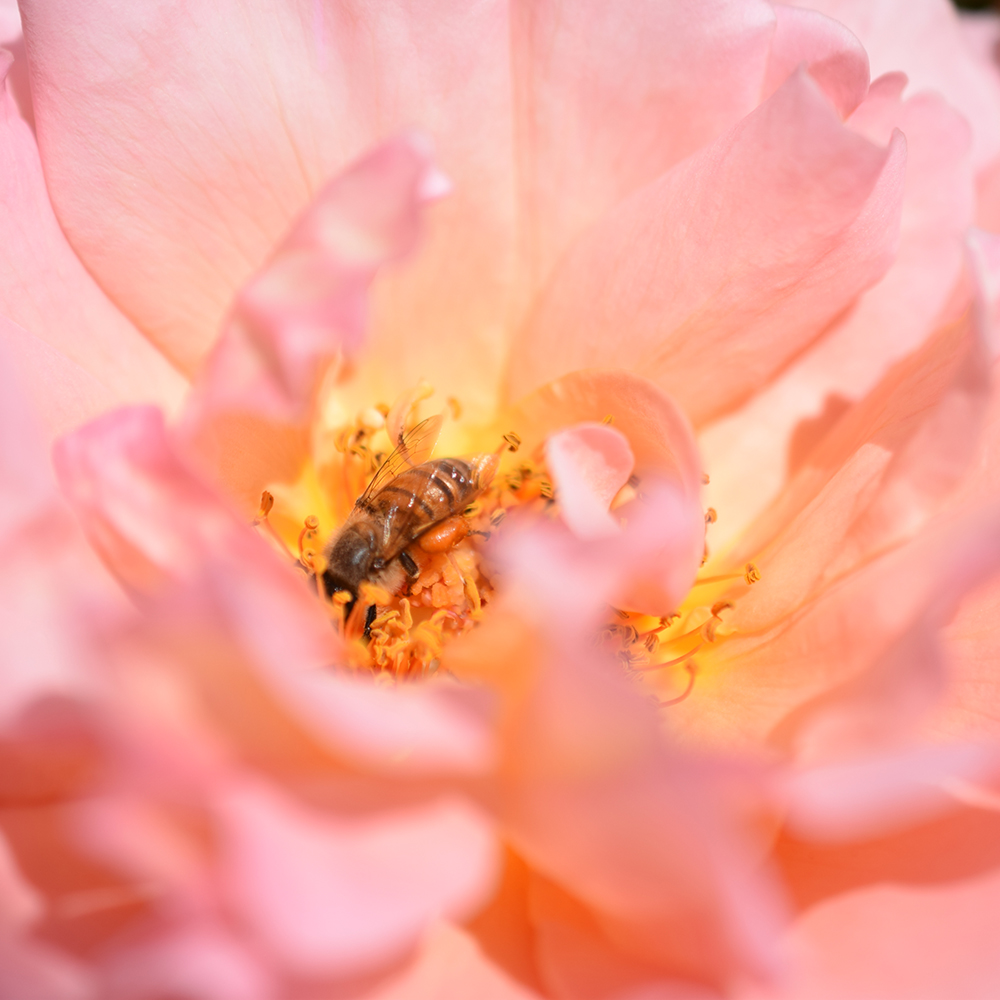
Many homeowners find themselves annoyed by bees, worried about possible complications from stings. But in reality, bees generally don’t seek out people to sting, and will mostly leave you alone so long as you aren’t interfering with their nests. Wasps and hornets are much more aggressive!
Even if they do occasionally sting, bees are an essential part of our ecosystem. As they travel from one plant to another collecting pollen, bees help plants to reproduce. Did you know that about 30 percent of your food supply originates from flowering fruit or vegetable plants that are pollinated by bees? Without bees, many of our food-bearing plants would not be able to reproduce.
As for strictly ornamental plants, flowering annuals and shrubs also depend upon bees. Without bees, your garden would appear bland and lackluster.
So rather than trying to repel bees, we should all be encouraging them to visit our gardens! Take the following steps to provide a safe and happy home for your flying friends.
Provide blooms. You might be able to import exotic flowers, but you can’t really import bees. The bees living in our geographic region are most accustomed to our native annual and perennial flowers. Remember that because different flowering plants bloom at different times, including a variety of species in your garden will provide plenty of year-round food for bees.
Use color. Bees are most attracted to yellow, blue, and purple flowers.
Remember water. Like all animals, bees need water to survive. Provide water in a shallow birdbath or small pond.
Avoid insecticides. Utilize organic gardening techniques so that you can stay away from substances which are poisonous to bees. Remember that ladybugs, green lacewings, dragonflies, and praying mantises provide helpful pest-removal services.
Provide a home. Bees need a place to nest. You can purchase a commercial bee home kit, or go the more natural route. Perfectly manicured lawns don’t leave much space for bees who prefer underground nests, so leave a patch of bare ground somewhere. Old logs or a dead tree can also provide great hiding spots for bees.
Many experts are worried about the drastic decline in bee populations over the past few years. But if we all do our part, we can help bees thrive while protecting our own food supply in the process!

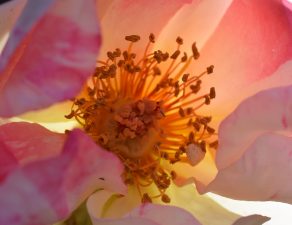
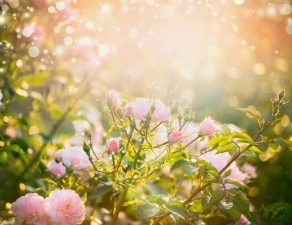
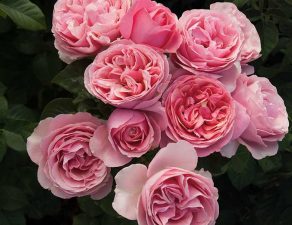
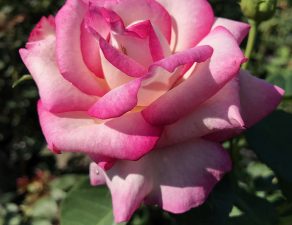
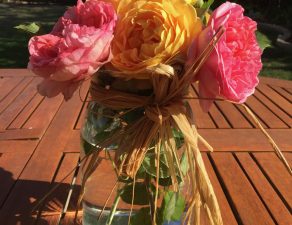
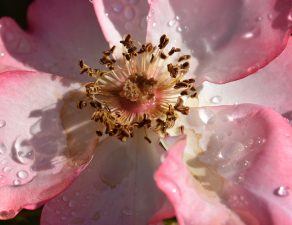
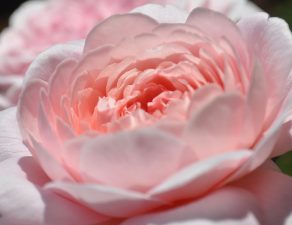
Write a comment: